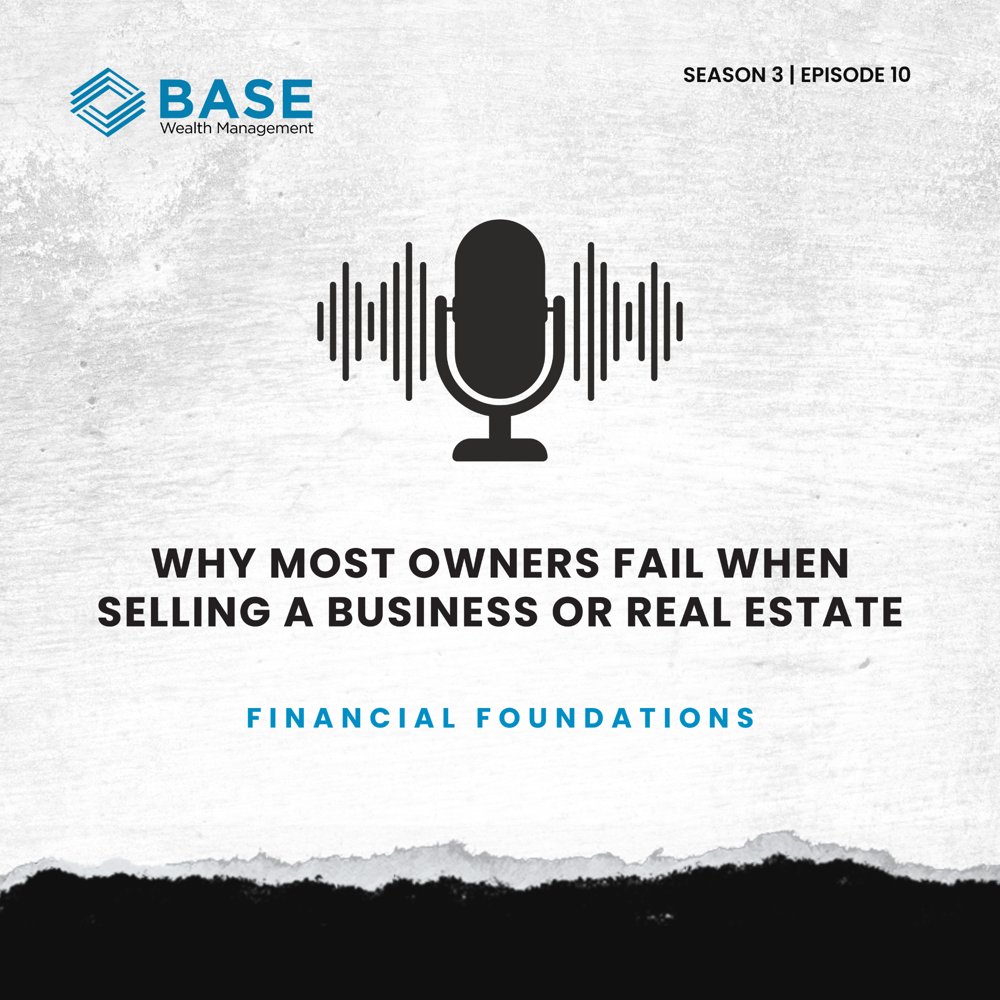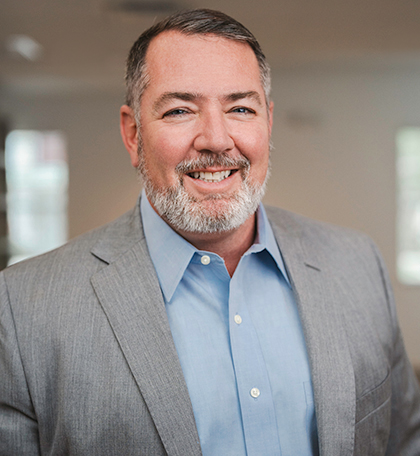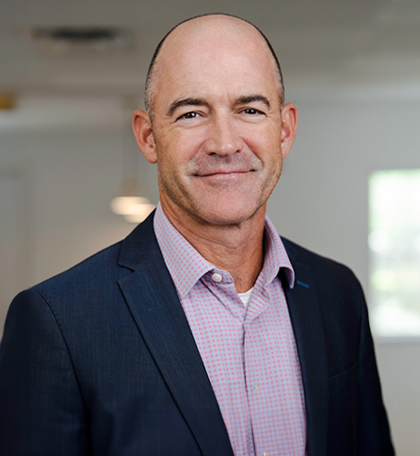
TRANSCRIPT:
And when I start walking a client, they’re like, here’s how you take advantage of it. Here’s how we invest. Here’s how it can grow for you. Most of the time, they’re like, are you sure this is legal? Is this an account they actually gave us? Right. They’re stunned. They’re like, this does not seem like something I could take advantage of. Welcome to the Financial Foundations Podcast, your gateway to the fascinating realm of finance brought to you by Base Wealth Management. In this show, we delve deep into the world of money guided by seasoned experts who will unravel the complexities of finance and provide you with invaluable insights and practical advice. Now, here are your hosts, Dustin Taylor and Alex Wolfe. Welcome back to Financial Foundations brought to you by Base Wealth Management, where we are the foundation to your financial plan. I’m your host, Dustin Taylor. I’m your co-host, Alex Wolfe, certified financial planner.
And today we have with us a new Base Wealth Management financial advisor in the Jacksonville area, Jeremy Riggs. Welcome, Jeremy. Thanks for having me. All right, Jeremy, can you tell us a bit about why you became a financial advisor? I’m a certified financial planner out of the Jacksonville area, and I’ve been helping people since 2016 with their wealth plans. But what really got me into it is I didn’t come for money. You know, it was more of a fascinated with how money works, but I knew the other side of that coin, always working for my money, but I was like, there’s got to be more here. So that’s what kind of led me on this journey to learning more about financial planning and then eventually pursuing my certified financial planner designation. One of the topics that you brought up today was the health savings account.
Why in particular are you interested in talking about that?
I would just look at it through a lens of not just where are my clients saving, but are they saving the most tax efficient manner? And that’s where I think HSA is often overlooked and underutilized. You mentioned the tax advantages. I know that’s a key benefit of the HSA.
Can you talk a bit about about those tax advantages?
Yeah, happy to. So you’ll hear referred to as a triple tax advantaged account. What that actually means here for you is the first advantage is that when you make the contribution, it reduces your income. Most people are familiar with that from like a 401k. So that’s the first advantage that you get. The second one is that these funds grow tax free. And often I find people don’t realize that there’s no time limit on when you’re reimbursed. So to give you an example, someone has a medical expense, they hold that receipt 10 years down the road, you can redeem that for tax free. What that unlocks is if we know we have a lot of time on our side, we can invest it and then grow that money. So ideally, what I like is for that account to be six figures by the time my clients are retired. So we have another pool of money that’s tax free to add into their distribution schedule.
So when thinking about the people who have access to an HSA, who can contribute to one?
So an HSA has very few restrictions on it. Basically, you have to be in a high deductible plan. And as soon as you have that available, you can participate. And it doesn’t even have the limit, like an IRA, you have to have earned income. So as you say you retire at 60, well, you can’t normally contribute to an IRA. You can continue to contribute to an HSA. That’s the only restriction that has on it is that you have to be in a high deductible plan.
And other than contributing, like from your pay, what are some other ways to get money into your HSA?
Great question. So I always start with your employer paycheck, because until you hit the FICA limit, the HSA is the most tax efficient for you because it’s pre all taxes. Before anyone gets a chunk of your paycheck, it goes into the HSA. Second way, we can always fund it from like, you know, a bank account, brokerage account. So you can fund it in a traditional sense with after tax money, and then get the deduction when you file your taxes. The last one I like to use is a one time roll up. What that basically means is we take money from your IRA, which is a pre tax account. It’s tax deferred. When we touch it, it’s going to be income to you. We pick that money up, do a once in a lifetime rollover into your HSA. Now we’ve just moved money into the after tax bucket. You can touch an HSA for medical expenses with no ramifications to you. So that’s the third way I like to fund it.
What about employers? Do they ever give any benefit to the employees that are contributing?
Oh, absolutely. If you think about it from an employer standpoint, it’s a cheaper plan for them to provide to you. So a lot of them will incentivize. I’ve worked with companies that maybe they put a $500 or $1,000 contribution every year into that. So when you start doing the math, it makes a lot of sense for you to add a HSA to your saving strategy. There’s some great tax benefits there, obviously, from participating and contributing to an HSA. Absolutely. I think it’s the most tax advantaged vehicle. And when I start walking a client, they’re like, here’s how you take advantage of it. Here’s how we invest. Here’s how it can grow for you.
Most of them are like, are you sure this is legal? Is this an account they actually gave us? Right. They’re stunned. They’re like, this does not seem like something I could take advantage of. Absolutely. And it’s really accessible because there’s not a lot of restrictions on it. I would say, other than getting your employer match from a 401k, this is the best place to save. It’s number two on my list, really, no matter who I talk to. I’ve also heard of a flexible spending account.
What’s the difference between that and an HSA?
Yeah, great question. I think of the flexible spending account as like a precursor. It has some of the advantages, but not all of them. So what that means is you can defer the money and it reduces your taxable income into that account. But the downside of that is by the end of the year, you have to use all the funds. So what I find is if we use that, we’re only going to fund it with the money that you know you’re going to use every single year. Whereas with the HSA, I know we can roll that money over and potentially grow it. So it gives you a little more option. Right. I’ve used an FSA before and I only put in about $500, which I knew would cover like contacts and a pair of glasses.
And that was really about it because I wasn’t sure what other medical expenses I would incur. And if you don’t use that money and you lose it, you may be scrambling to like make a dentist appointment before the end of the year, find other ways to spend that down. Otherwise it’s gone. Exactly. Like you’re trying to do this, you know, last minute plan, whereas like if you knew in the back of your head, like, hey, I’ve got this money and if I don’t use it, it’ll be there next year because we can’t really forecast when are you going to have a medical expense? Yeah. That just comes out of the blue a lot of times. But if we can forecast that you always have money that can be reimbursed to you tax free, that’s a benefit to you.
This is a bit of a double question. Does an HSA help someone retire early? And if it does, how?
I love that question. So I would say the short answer is yes, it can help someone retire early. The way it can help someone retire early is I think we need to make sure you have multiple options at retirement to draw from. We don’t want to just replace your income. We want to replace your income and do it in a tax efficient manner. So ideally, if I can take someone to retirement and they have free tax money for like a 401k, they have some Roth money from a Roth IRA, they have an HSA which is tax free for medical expenses, and then they’ve got some cash at a brokerage account, well now I’ve put four different buckets of money you can draw on. I’ve given you as many options as possible. And what I’ve found is that makes that retirement process much smoother and puts early retirement back on the table for a lot of people.
So when you’re putting together these plans, who do you find that the HSA makes the most sense for?
I would say it makes the most sense for people that are young because it is a tax free growth vehicle. So the more time we can give this, the better off it’s going to perform for you and the more money it’s going to have. Now that doesn’t mean that if I have someone that’s say 50 years old, I won’t bring this up because it’s still an investment vehicle that we can use. I think when we’re looking at tax free growth, the younger you start, the better off that account is going to be for you. What type of things does the HSA cover? The HSA is going to cover most of your medical expenses that you know. Like you go to the doctor, you need a new pair of eyeglasses, kid falls down, gets hurt, you have to take them in. It’s going to cover that. But it’s also going to give you a little flexibility to your earlier question about retiring early. One of the biggest hurdles to retiring early is, okay, how do I cover medical expenses? I want to retire at 62, 64, well we know Medicare kicks in at 65, how do we bridge? So the HSA is one of those ways because we can do a COBRA continuation from your employer and just pay it from the HSA.
So to be clear and check for understanding, if you wanted to retire at 60 or 62, you can use the HSA to bridge the gap between when Medicare kicks in. Is that correct?
Correct. So when you retire, you have 18 months that you can continue with COBRA. So if we’re going beyond 18 months, we can still build a plan, but it means maybe we have to do a little bit of private health insurance. If you’re within 18 months, then that’s a very easy bridge, but it’s still something that we can easily build a plan around. We talk about healthcare being one of the biggest expenses in retirement and how many people may not pay attention to it. So if the HSA can help with that, that’s great. So Alex, Jeremy mentioned the tax-free growth.
How do you approach investing into the HSA?
Yeah, so we approach it with the client’s goals in mind and their risk tolerance and how many years they have. As Jeremy had mentioned, especially for someone who’s younger and has many, many years for this account to accumulate and grow, perhaps we can put them into one of our growth strategies and take advantage of that tax benefits of these style of accounts. But if they’re older and maybe they have more medical expenses, we may need to leave some of that in a more liquid type state like cash, but we definitely can implement one of our models or one of our portfolios inside the HSA. I love that strategy to be uncustomized. It’s like, hey, inside the HSA, we can still have separate types of money. Maybe we start building up the cash reserves at a certain age, whereas when they’re in their 30s, you’re going to lean more into the aggressive growth to make the account work for them.
One final question, Jeremy, do you believe that the HSA account is more for the healthy and wealthy or can anyone use it?
So I would say the only thing that you have to be cautious about when you’re doing a financial plan is you get into some questions that can be a little bit sensitive because you’re going to ask someone about their life expectancy. You’re going to ask them about their family history. So if someone starts telling you like, hey, I don’t have a very good track record when I look at family history, I don’t know if I’m going to be suffering from chronic illnesses. If you start getting into those types of topics, then you really need to take a pause and say, okay, is a high deductible plan going to be best for you?
Because I have a few clients that they hit their out-of-pocket before we’re six months into the year. It’s like, okay, this is not a financial burden I should have you take on just to get you another investment vehicle. Let’s keep the insurance that works best for you and we’ll find the other investment vehicles to help you get to your goal. Right. And of course, it’s always a good idea to talk to a financial advisor and find out how this can affect your personal situation. With that being said, I think that we’ve covered the health savings account pretty well in this episode. If you’d like to book an appointment with Jeremy, you can reach out to him at Jeremy at basewealthmanagement.com. You can visit our website for more resources at basewealthmanagement.com or subscribe to our YouTube channel and this podcast.
Also, please send us any questions or topics you want us to cover on future episodes. You can send those in to us at question at basewealthmanagement.com. Thanks for joining us, Jeremy. I’ve enjoyed it. Thank you. I’m Dustin Taylor. I’m Alex Wolfe. And happy listening.









